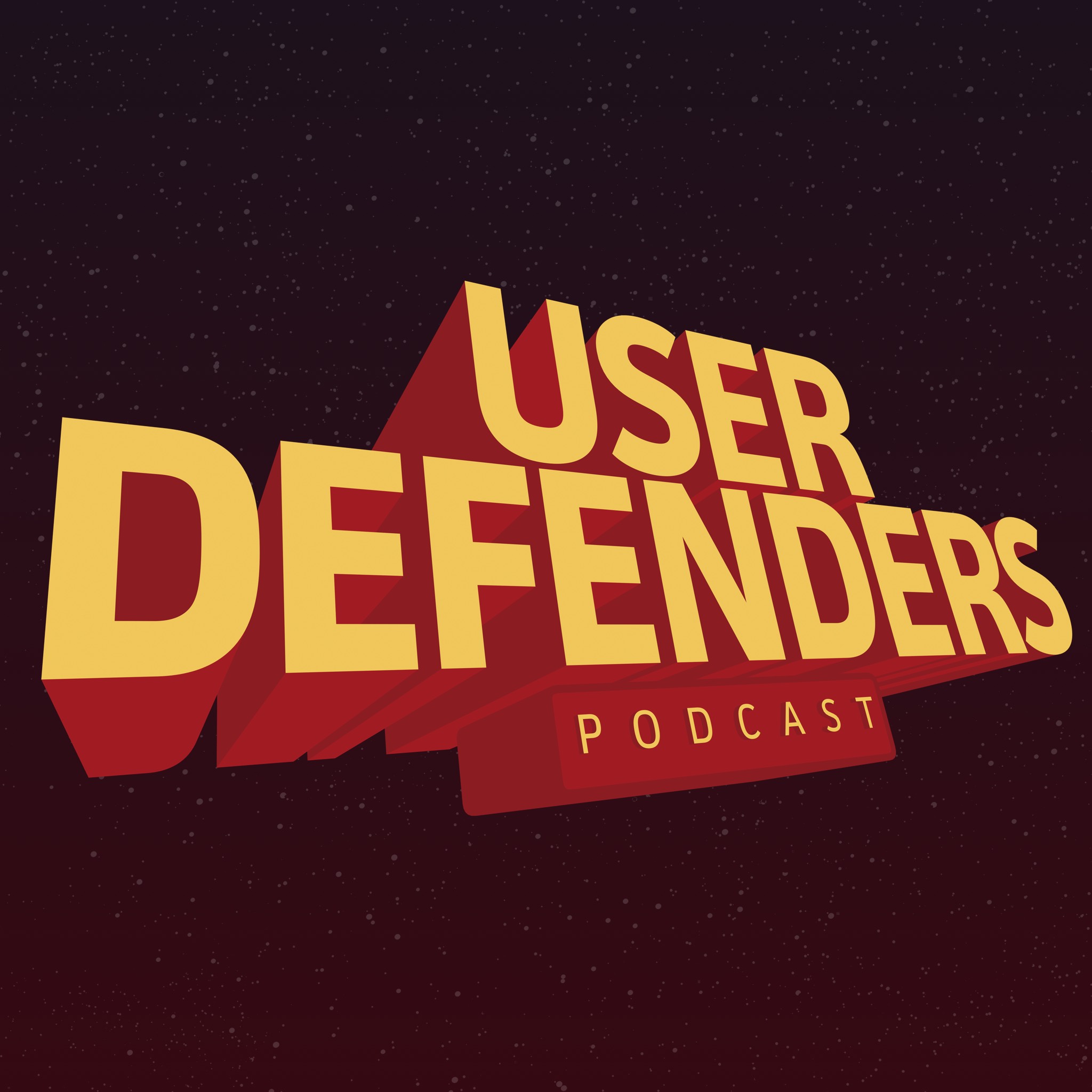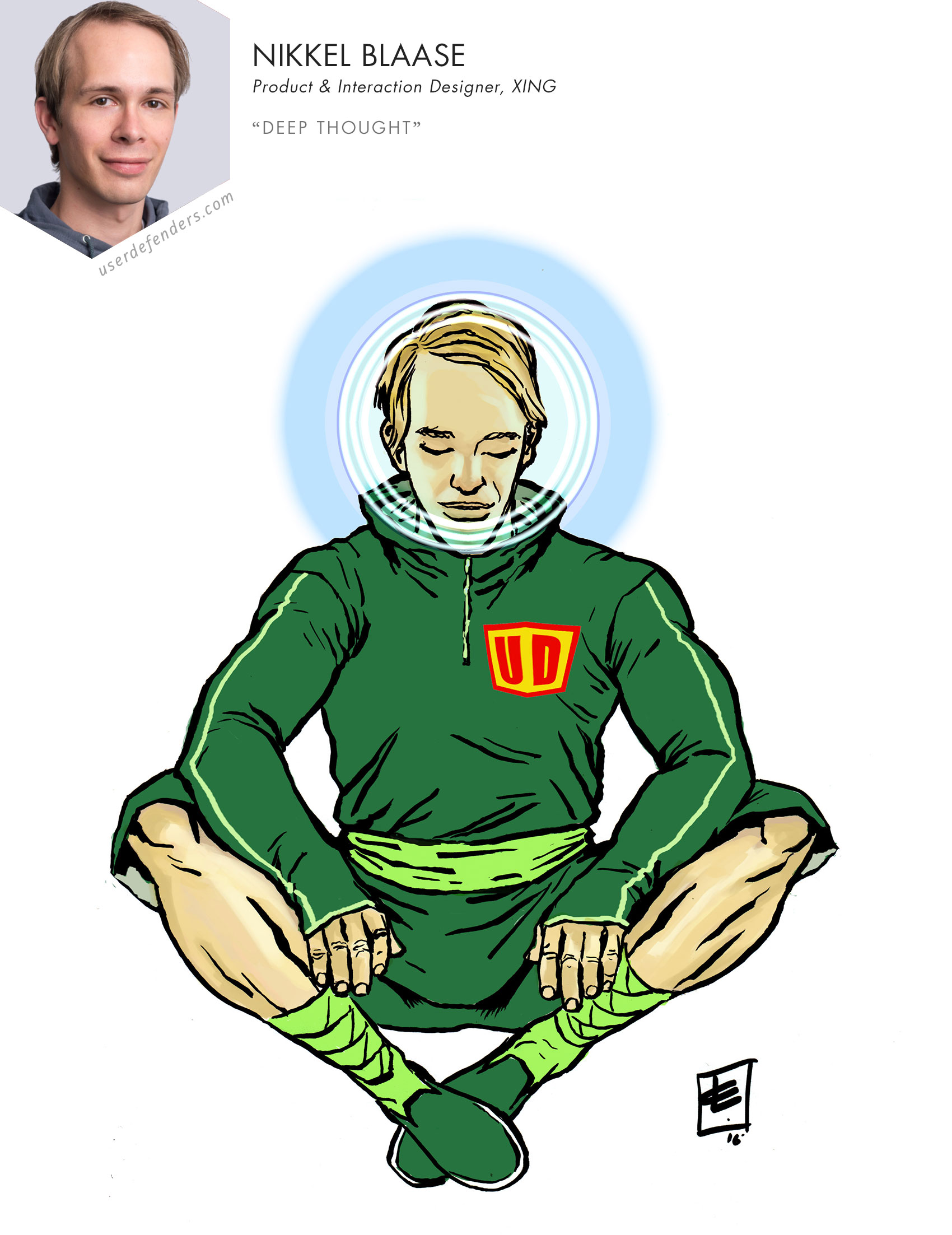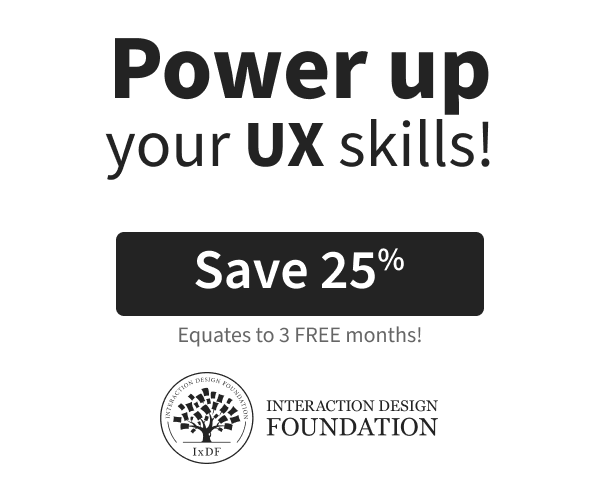


Nikkel Blaase reminds us that we are not our users. He encourages us to make time for deep thinking. He teaches us that without failing, there’s no learning. He guides us to not spend too much time figuring out a solution if we don’t know what the problem is. He shows us how creating value for our users creates value for our business. He also motivates us to never stop learning, practice as often as we can…and stay curious.
Nikkel Blaase (Deep Thought) is a product and interaction designer from Hamburg, Germany currently working at XING. He’s the founder of “Design Made For You” studio. He’s a fantastic writer who’s published viral articles on Medium, FastCoDesign and InVision. He’s passionate about bringing product thinking to the world of product development in order to as he says build products that people actually want. When he was a teenager, he played guitar in a punk rock band.
- Secret Identity (2:55)
- Origin Story (5:18)
- Biggest Superhero (7:55)
- What Is Product Thinking (9:26)
- Second Career Choice (11:10)
- Biggest Failure (12:08)
- Do Designers Lack Empathy For Their Businesses? (17:32)
- Awkward Testing Story (20:45)
- Design Superpower (24:17)
- Design Kryptonite (26:42)
- Design Superhero Name (29:51)
- Fight For Users (35:46)
- Future Of UX Design (39:01)
- Generalist vs. Specialist (44:05)
- Habit Of Success (44:58 )
- Invincible Resource (46:11)
- Book Recommendation (48:24)
- Favorite Conference (51:13)
- Best Advice (52:20)
- Most Excited About (54:07)
- Next Big Blog Ideas (55:07)
- Contact Info (56:00)
LINKS
Nikkel’s Twitter
Nikkel’s Website
[ARTICLE] The Future of UX Design Published on User Defenders publication
[ARTICLE] Why Product Thinking Is The Next Big Thing In UX Design
[ARTICLE] What People Really Want
[RESOURCE] Inspiration.
SUBSCRIBE TO AUTOMATICALLY RECEIVE NEW EPISODES
Apple Podcasts | Spotify | Pandora | Amazon Music | RSS Feed
USE YOUR SUPERPOWER OF SUPPORT
Here’s your chance to use your superpower of support. Don’t rely on telepathy alone! If you’re enjoying the show, would you take two minutes and leave a rating and review on Apple Podcasts? I’d also be willing to remove my cloak of invisibility from your inbox if you’d subscribe to the newsletter for superguest announcements and more, occasionally.
SUPER-CRED
Artwork by Cesar Lemus | Editing by Chris Combs | Music by Wyman Gentry
AWKWARD TESTING STORY
I think every user test is crazy. Because you go there with your best intentions, and people quickly turn your world upside down. So if you’re afraid of failing, user testing is definitely not for you. But actually I’ve never experienced something really crazy from the users I must admit, but more from the interviewers. There was this one story of the interviewer who asked the participant, “Do you want to pay for this, and how much do you want to pay for it?” Honestly you cannot expect a proper answer, it doesn’t work like this. A willingness to pay cannot be inquired, it must be observed. You can never ask customers how they will behave. You will never get an honest answer because they simply don’t know how they will behave in a certain situation.
DESIGN SUPERPOWER
I think I’m very good at solving complex problems. I love to work on challenging projects, especially when most people say it cannot be done. It gets me incredibly motivated to make it work. Actually I’ve always enjoyed to do what people say I cannot do. Not only in my working life, but also in my private life. For instance when I was a kid, my teachers in school often told me that I wasn’t smart enough, that I will never graduate from school, that I will never go to a university, that I will never speak in a foreign language, and that when I got older and got more interested in design, they told me that I cannot go to art school, you’re simply not good enough. In the end luckily they were all wrong, because I did all these things. This is the reason I get so motivated when people tell me, “you cannot do that”.
DESIGN KRYPTONITE
The one thing that I cannot handle very well is the internal company politics especially in a fast-growing company with many stakeholders and product teams, like Xing. It gets very exhausting, because everyone wants to be involved in everything. Sometimes it’s just ego. If you want something to get done, or if you want to decision on something, You basically need to go to everyone of these egos and convince them. And that costs a lot of valuable time, money and effort and mostly ends up in bad compromises and frustration on both sides. For me it’s not reasonable when you think of the balance between cost and results and normally I try to stay out of these company politics. And when I have to fight for something, I always try to find allies because I don’t want to deal with the situations on my own.
SUPERHERO NAME
Deep Thought
HOW DO YOU FIGHT FOR YOUR USERS?
I fight by building products around people problems and not company problems. By being user centered, which means solving user problems and making a business out of it and not solving company problems and making paying customers out of it. I always try to keep the focus on the user, so one of the things I do is I have my team and stakeholders to create empathy with the users and their problems and to prevent us from building our products and features for the wrong target audience or solving the wrong problems because this is something I see in a lot of other product teams and other businesses that. People sometimes build products based on their own personal bias, behaviors and opinions, so they trust more their gut feeling than facts. We have to prevent that, we have to avoid that. Our gut feeling is not right, it’s just an assumption, and we have to treat it like an assumption. And I can’t stress that enough, we are not our users. Everyone involved in the product development process has gained special knowledge and also when working in these tech companies we also have a very close relationship with technology, so we cannot be our users. I think Andre Guzman puts this very well, he calls this the Microvich Bias, which is that everyone uses technology the same way that you do. I think our users are likely completely different from us and it’s often hard for people to except that they are not the users. So what I do is I try to share user test results as often as I can. I try to create empathy by sharing interview videos, or hanging up posters on the walls, or just talking to my colleagues. This is how I fight for the users.
FUTURE OF UX
So for me, UX design must evolve in order to stay relevant in the future I think. Our craft needs to move forward and adapt to new common tasks. For example, we cannot be any longer lone fighters. We have to become team players. We have to enable product teams to think in users, and user problems and in UX. We will be more enablers in the future and I also think that are job titles will vanish in favor of more roles we have to take on. Because our main task is not to build the best graphical representation of a product, most people measure designers like that, which is absolutely nonsense to measure someone on does the interface look nice, or are there any fancy animations. I think our main task is to make a product successful in terms of business and user goals, and not to craft a stunning interface. And to do that we have to fulfill more roles than ever before. Sometimes we need to be problems solvers, sometimes we need to be marketers, visionaries, growth hackers, interface designers, copywriters or information architects. I think at the moment our job titles don’t reflect all that. So this is why I think job titles might vanish in favor of various roles in the future, and that UX will take on more roles than right now. I also think that UX design as a profession will be separated into two big areas. I think that one is the graphical representation of a product which is the interface by design, in the second area will be product design, where designers will take care on problems to solve, how to stay on the product more as a holistic complex system. From acquisition to on-boarding to make user active until users become paying customers, And they will hand off the work that easily anymore, they will work together more with marketing, growth and product management to reach their goals. And I think their performance will also be measured by that, Where the product design won’t be measured by how the interface is looking, But more on how successful is the product.
HABIT OF SUCCESS
Deep thinking and collaboration with my colleagues.
BEST ADVICE
Never stop learning. Practice as often as you can. Stay curious.

